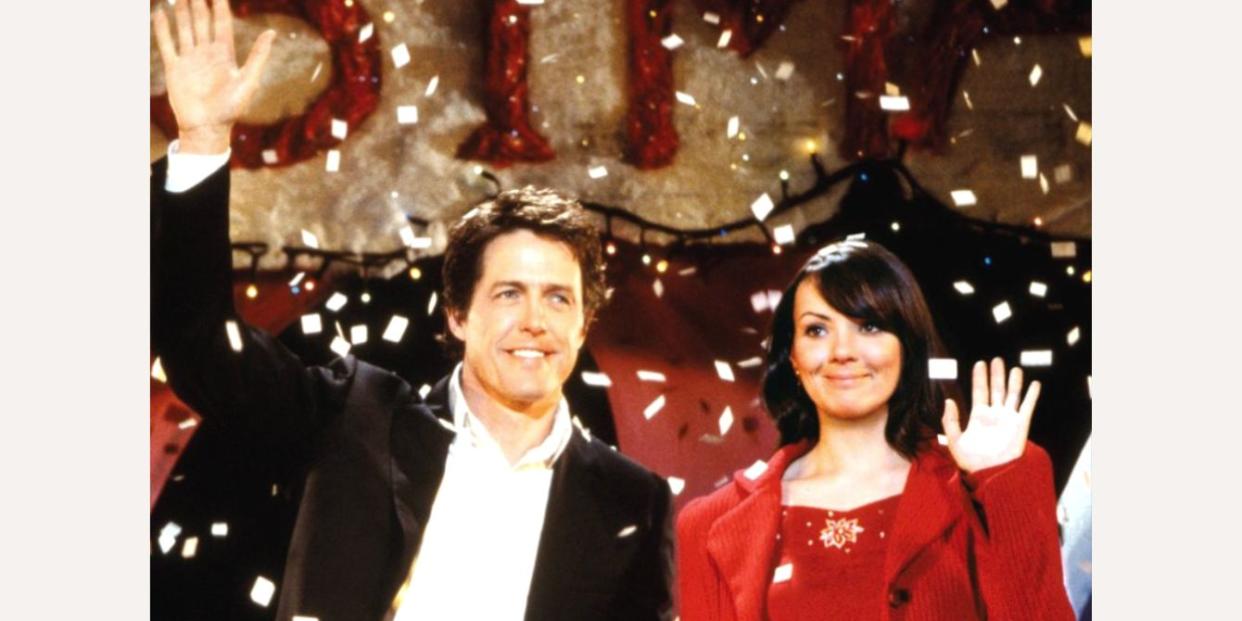‘Love Actually’ director regrets weight-shaming and lack of diversity in his movies

- Oops!Something went wrong.Please try again later.
- Oops!Something went wrong.Please try again later.
- Oops!Something went wrong.Please try again later.
Even though British screenwriter, director, and producer Richard Curtis has several wildly successful romantic comedy films under his belt, he has regrets.
The Love Actually and Bridget Jones’s Diary director said during an appearance at the Times and Sunday Times Cheltenham Literature Festival via Today he regrets all of the negative commentary about women’s bodies in his past films, as well as the lack of diversity he has in pretty much every film he’s made.
As for the fat-shaming regret, if you recall in the Christmas romantic comedy Love Actually, the character Natalie was called “plumpy,” was described as having “tree-trunk thighs,” and even her love interest Hugh Grant said, “God, you weigh a lot,” when she jumps into his arms. Not to mention the entire cast referred to her as chubby in a negative light the entire movie.
This clearly affected the actress’s mental health. While Martine McCutcheon, who played Natalie, has defended the film in some interviews, saying that her character was meant to be the embodiment of women seeing how perfect they look just the way they are, McCutcheon spoke to Daily Mail UK after comments on an Instagram post of hers were saying how thin she had gotten and how they were “concerned.”
McCutcheon said she’s always conscious of being as thin as possible so she would look good on camera and fit into the size 8 sample sizes. She went on to say that there have been hundreds of hurtful comments in her career and she’s been body shamed “loads of times.” McCutcheon also said people have spoken of her like she was a piece of meat, and not a human being.
Seriously people, can we please stop commenting on women’s bodies?
Curtis said during the festival appearance, “I think I was behind, you know, behind the curve, and those jokes aren’t any longer funny, so I don’t feel I was malicious at the time, but I think I was unobservant and not as, you know, as clever as I should have been.”
As for Curtis’ other regret—the lack of diversity in his films—he said during his appearance that he was “just sort of stupid and wrong about that” when pressed about why Bridget Jones’s Diary and Notting Hill had predominantly all white casts. “I think because I came from a very un-diverse school and a bunch of university friends,” Curtis said.
“[With] Notting Hill, I think that I hung on to the diversity issue, to the feeling that I wouldn’t know how to write those parts.” He added that he felt as though he and his casting director just didn’t look outwards enough.

